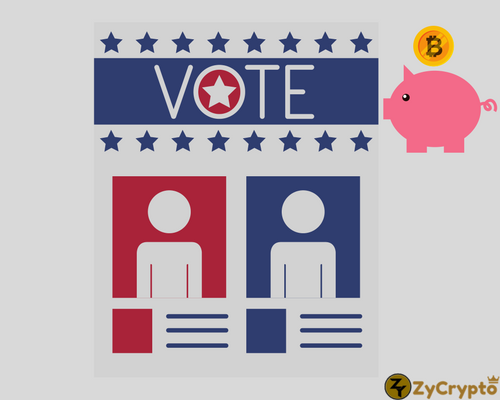Politicians have been involved in the cryptocurrency market to finance their campaigns. Currently, for various reasons, candidates have used cryptocurrencies to finance themselves, despite their volatility.
One of the pioneers has been Andrew Hemingway, who is considered one of the youngest candidates in New Hampshire. Before it was common, New Hampshire has accepted bitcoin in its day to day. This is due to the multiple libertarian migrations to New Hampshire, where they mostly defend the cryptocurrency.
The politician argues that he started accepting bitcoins because many of his contributors were willing to donate in cryptocurrencies, which later constituted 20% of the total contributions. Despite not winning the elections, Hemingway set a trend in politics.
There are many examples of politicians who have accepted payments in bitcoins, for example: Austin Petersen (campaign for senator), Democrat Patrick Nelson (Congress), Democrat Brian Forde, Republican Kelli Ward and presidential candidate Kentucky Rand Pau.
The FEC approved the contributions of bitcoins in 2014, so they should be treated as special donations. However, even with these laws, many question their transparency: Although the transaction addresses of bitcoins can be known, those who carry out the transactions are not identifiable, being able to use them for illegal activities such as money laundering.
That’s why led Kansas to prohibit bitcoin contributions in October.
On the other hand, for certain candidates, the central issue is the impact of the cryptocurrency in modern society, especially for those libertarians who criticize centralized banking and defend that money does not belong to the Federal Reserve.
Among which Petersen highlights: “I am a big fan of the digital currency community because of what it represents, which is ultimately decentralization”.







